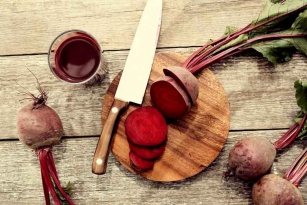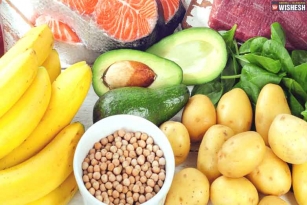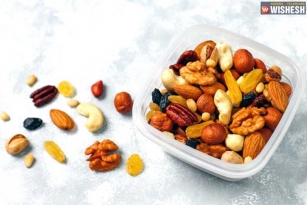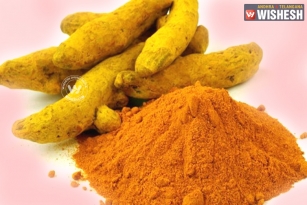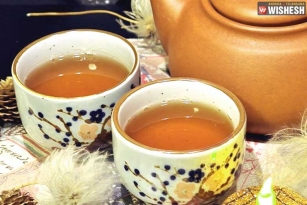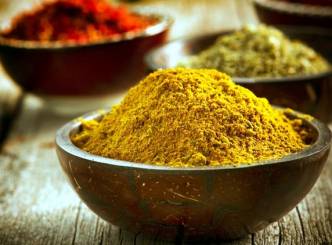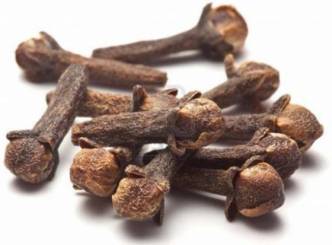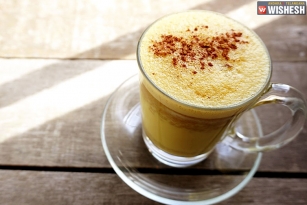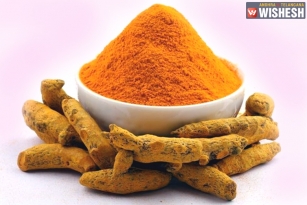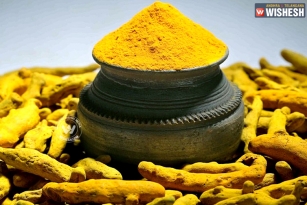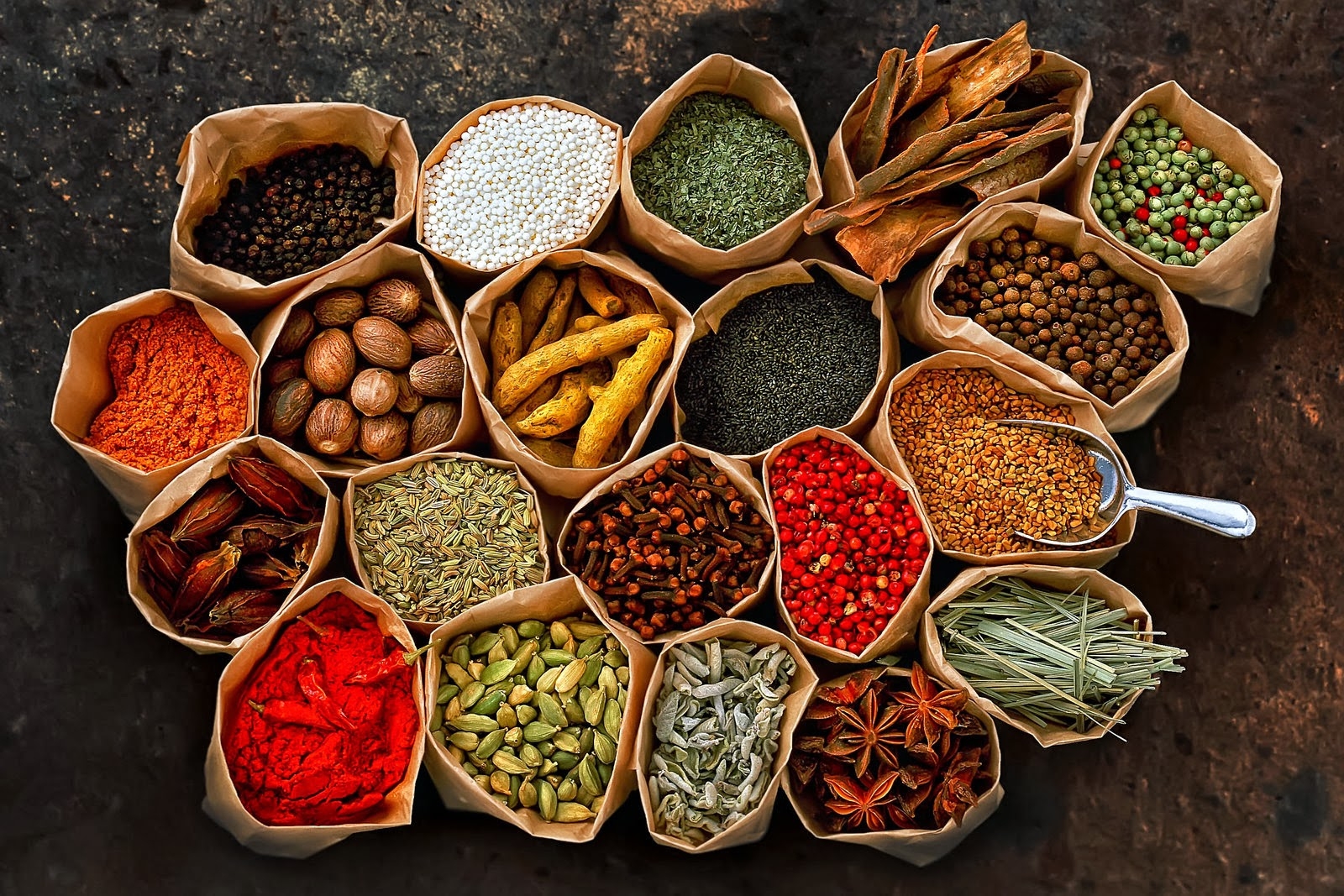
The dangers of increased Western appetites for processed foods have been well researched, particularly their links to cancer, obesity and diseases such as diabetes. Instead, experts are keen to lure people towards the unprocessed, natural foods eaten daily by these centenarian-filled communities.
Each cuisine consists of their own flavorsome version of core ingredients: wholegrain, vegetables, fiber and protein.
Qi's research investigates the benefit of spicing things up in the kitchen to reduce mortality. "Some nutrients, like capsaicin, may be beneficial, but evidence is still lacking," she explains. Ammerman says claims that spices like turmeric and ginger have anti-inflammatory and anti-bacterial properties which can reduce risk of mortality are difficult to assess.
Other factors could be at play, such as the food those spices are used to flavor. "If you're eating a lot of turmeric, you're probably eating a lot of vegetables," says Ammerman.
Take a look at our list below for some common Indian spices and the medicinal benefits that each one provides.
1. TURMERIC
This bright orange spice is a member of the ginger family, For thousands of years, Ayurvedic medicine has used turmeric for a variety of health reasons. The National Institute of Health has found that turmeric aids in helping to treat arthritis, heartburn, stomach pain, diarrhea, intestinal gas, stomach bloating, and loss of appetite. Turmeric is also used as a topical treatment for issues like skin inflammation, infected wounds, and ringworm.
2. BLACK PEPPER
Black pepper is not a spice that many people associate with Indian cooking. However, these little peppercorns have their most ancient roots in India. Black pepper aids in digestion, congestion, an upset stomach and can also help to stop the bleeding on a cut when applied topically.
1. TURMERIC
This bright orange spice is a member of the ginger family, For thousands of years, Ayurvedic medicine has used turmeric for a variety of health reasons. The National Institute of Health has found that turmeric aids in helping to treat arthritis, heartburn, stomach pain, diarrhea, intestinal gas, stomach bloating, and loss of appetite. Turmeric is also used as a topical treatment for issues like skin inflammation, infected wounds, and ringworm.
2. BLACK PEPPER
Black pepper is not a spice that many people associate with Indian cooking. However, these little peppercorns have their most ancient roots in India. Black pepper aids in digestion, congestion, an upset stomach and can also help to stop the bleeding on a cut when applied topically.
3. CARDAMOM
Native to the forests in India, these green pods are commonly used not only in Indian cooking, but also in Chai—also known as Indian tea. It can be used to counteract a number of digestive problems including, bloating, gas, heartburn and loss of appetite—it can even treat bad breath and is commonly used as an after-meal breath freshener. In preliminary studies it has also been shown to have cancer fighting effects against non-melanoma skin cancer. However, more research is needed before cardamom can be recommended for cancer prevention.
4. CLOVE
The little bud resembles a tiny flower used not only in Indian cuisines, but in African and Middle Eastern as well. Clove is found in toothpastes, soaps, and perfumes. Indian healers have used the oils, flower buds,and stems from the plant in an array of medicine. Clove is possibly effective in helping with premature ejaculation when applied directly to the penis. Clove oil can also help with pain when applied topically, and can help with stomach issues like gas, diarrhea, nausea and upset stomach.
5. CINNAMON
This bark-like spice originates from Sri Lanka, and was originally harvested by Arabian traders from a tall tree and ground to create the powder form of cinnamon. According to the Mayo Clinic, research suggest that cinnamon might help to regulate treatment for people with type 2 diabetes. The theory is that cinnamon increases insulin action.
Native to the forests in India, these green pods are commonly used not only in Indian cooking, but also in Chai—also known as Indian tea. It can be used to counteract a number of digestive problems including, bloating, gas, heartburn and loss of appetite—it can even treat bad breath and is commonly used as an after-meal breath freshener. In preliminary studies it has also been shown to have cancer fighting effects against non-melanoma skin cancer. However, more research is needed before cardamom can be recommended for cancer prevention.
4. CLOVE
The little bud resembles a tiny flower used not only in Indian cuisines, but in African and Middle Eastern as well. Clove is found in toothpastes, soaps, and perfumes. Indian healers have used the oils, flower buds,and stems from the plant in an array of medicine. Clove is possibly effective in helping with premature ejaculation when applied directly to the penis. Clove oil can also help with pain when applied topically, and can help with stomach issues like gas, diarrhea, nausea and upset stomach.
5. CINNAMON
This bark-like spice originates from Sri Lanka, and was originally harvested by Arabian traders from a tall tree and ground to create the powder form of cinnamon. According to the Mayo Clinic, research suggest that cinnamon might help to regulate treatment for people with type 2 diabetes. The theory is that cinnamon increases insulin action.


